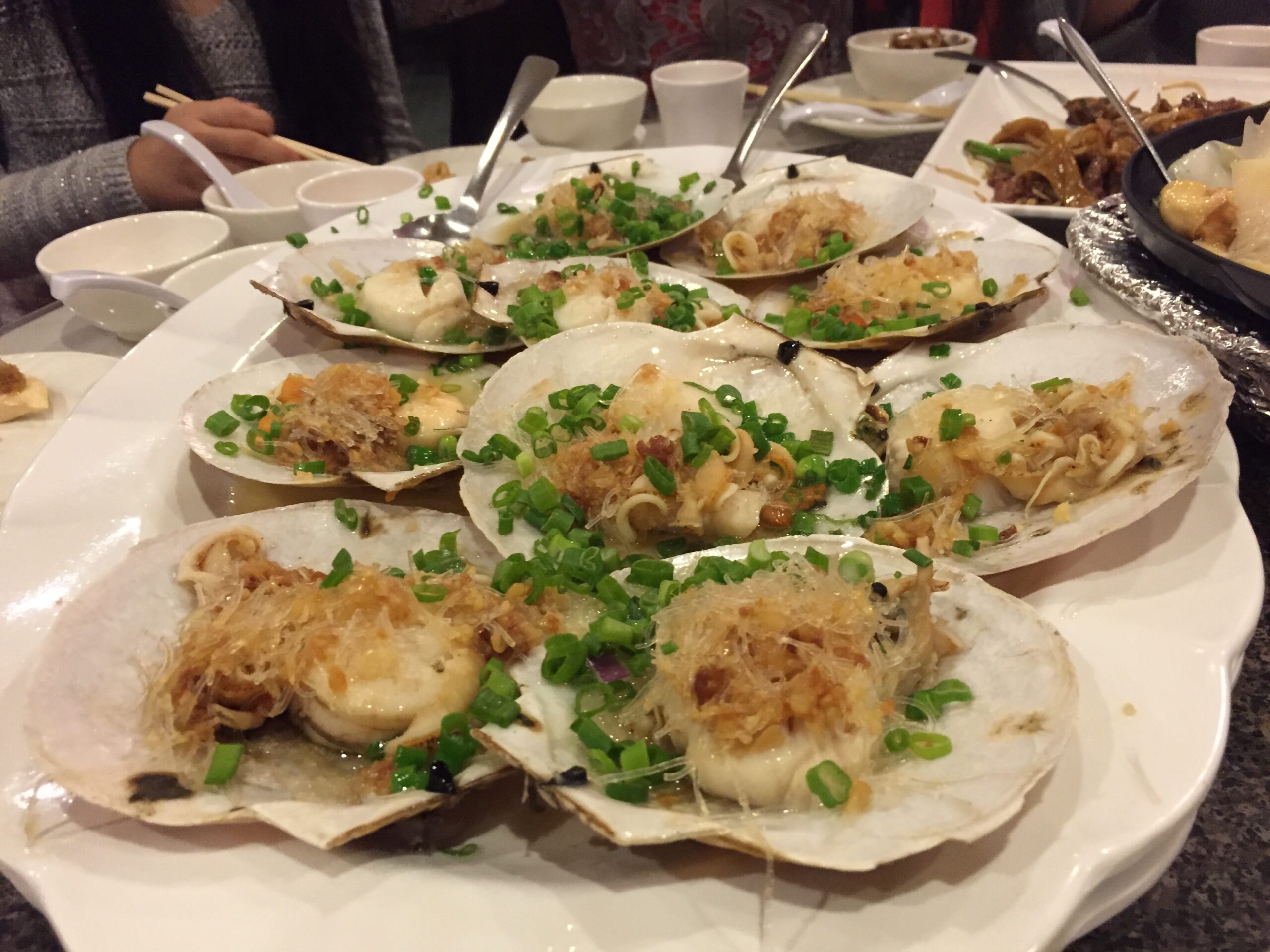By ADRIENNE SU
When the exhibit went up at Peachtree Center,
the Chinese of Atlanta flocked downtown.
Jews had been in Henan so close to forever,
they weren’t seen as foreign. And we had found
an exhibit on China that wasn’t old vases.
Jews were Chinese in more ways than food.
Migration was not always out of the places
our families had fled; it had once been to.
Our pantries were “ethnic” not just for the shrimp chips
and wood ears, but as well for the matzah.
Maybe, when asked, Do you celebrate Christmas?,
we were not being checked for Zen or the Buddha.
We didn’t say it in so many words.
The line between Asia and Europe had blurred.
Adrienne Su is poet-in-residence at Dickinson College and has received fellowships from the National Endowment for the Arts and the Money for Women / Barbara Deming Memorial Fund. Her fifth book, Peach State, is forthcoming from Pitt in 2021. Recent poems have appeared in Bennington Review, The Cincinnati Review, The Georgia Review, The Massachusetts Review, The New Yorker, Poem-a-Day, Poetry, and Best American Poetry.




